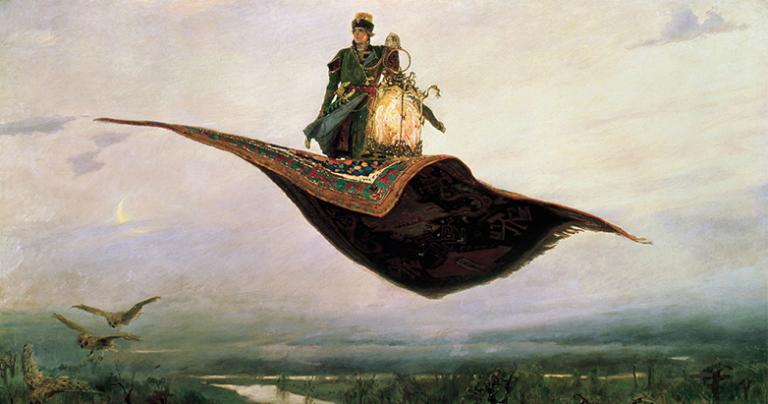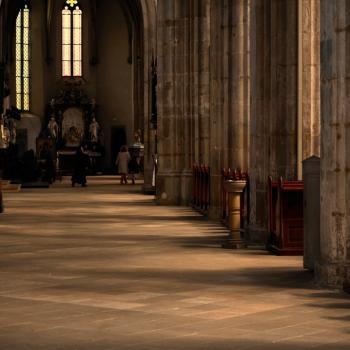After I got a copy of The 1001 Nights, one of my 7 pre Islamic readings for this 2021, I started learning several things about these tales, confirming many of the things I heard and read in other sources: that the three most famous tales linked to The Arabian Nights are actually not part of it. I’m speaking about Aladdin, Ali Baba and the Forty Thieves, and Sinbad the sailor.

I will not say I wasn’t a bit disillusioned to learn that part of my childhood is actually not part of my heritage. Part of me felt I had been lied to, believing that those tales of adventure, magic, and wonder were not actually traditional Arabic Folk tales.
I cannot help but ask why was it that these three tales, in particular, became so famous instead of any other. The figure of Scheherazade is well known, but as far as I have seen, she is simply the story teller, as if her own tale was merely the background for more interesting fiction. I didn’t even know about her sister Dunyazad and King Shahryar, but I could remember every detail of Disney’s 1992 Aladdin animated film, his two direct-to-video sequels, and was very excited to see the 2019 live-action version.
Where do they come from?
Aladdin and Ali Baba were actually written by Hanna Diyab, a Syrian writer and storyteller. Antoine Galland did the first European translation-edition of The 1001 Nights, published in 12 volumes between 1704 and 1717 as Les mille et une nuits, but he met Diyab on 1709 in France, being the source to both tales. However, Galland never gave Diyab the credit, claiming these stories were part of a now-lost original manuscript, which is partly true since Diyab versions of the tales are lost for sure.
Arafat A. Razzaque wrote a complete, detailed guest-post for Ajam Media Collective about this issue, focusing mostly on Aladdin. Instead of summarizing and repeating him, I would rather recommend you read the first and second parts of his writing.
Sinbad is a more elusive figure. I have only been able to find that he was a late addition to Galland’s The 1001 Nights, and it seems plausible to me that he was inspired by the “Tale of the Shipwrecked Sailor”, which would give it a kind of historical value, although there is nothing for sure as far as I can see.
If not folklore, are they valuable?
While they may not be “traditional” tales in the strict sense of the world, called “orphan tales” for not having a real place in the anthology, I could consider them as modern pieces of folklore. Aladdin and Ali Baba are public domain tales written by a Syrian priest, so they may as well reflect the world he lived in, or be seen as his way to honor his roots, to write tales influenced by traditional tales.
Sinbad is a big mystery as I said before, but it also carries some influence and power in it. The protagonist is one of the most well-known figures of Arabic literature, rivaling Aladdin, and has given thousands and one readers dreams about endless oceans and adventures.
These three stories would be a nice addition to The 1001 Nights as an appendix or annex that specified these aspects and clarified their origins. Despite I still feel a little crestfallen about the whole issue, I cannot help but wonder about what I will find in the original tales, and even more, now that I just read about an old manuscript very similar to the Arabian Nights, but with significantly different stories.


















